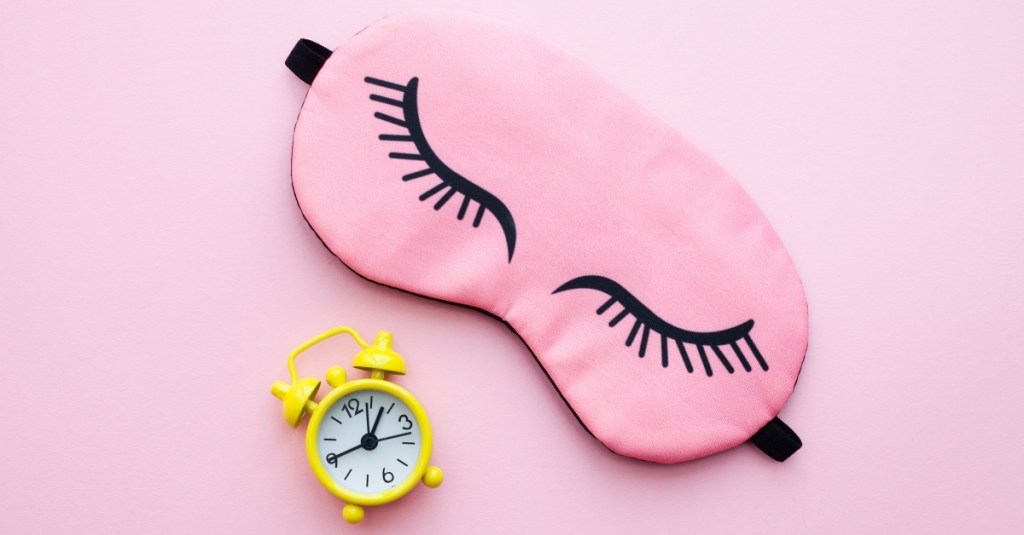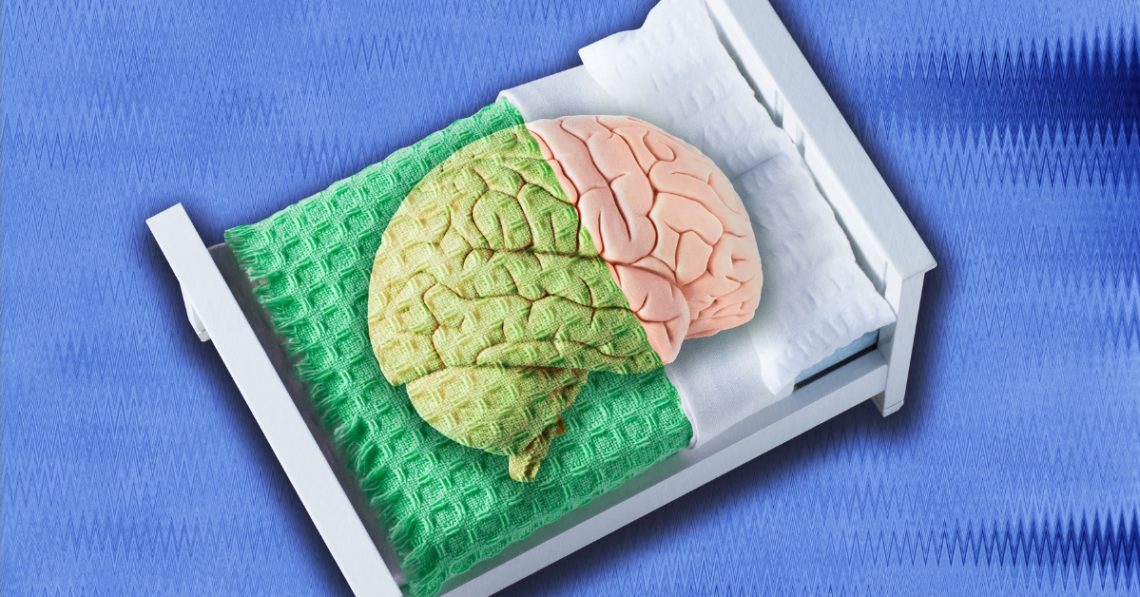A new study from researchers at the Karolinska Institutet found that bad sleep doesn’t just leave you groggy, desperately crawling toward your third cup of coffee before noon. It might also be slowly rotting your brain, causing it—and, in turn, you—to rapidly age.
Researchers analyzed MRI scans and sleep data from over 27,000 adults in the UK, ages 40 to 70. They found that people with poor sleep habits had brains that looked significantly older than their actual age. The difference was measurable biological ageing.
The team fed a machine over a thousand markers from MRI scans to estimate “brain age,” training it on scans from healthy people. Then they ran it against the full participant pool. They found that for every one-point drop in sleep quality, brain age advanced by about six months.
The worst sleepers had brains that looked nearly a year older than their bodies.

Scientists Say Poor Sleep Might Be Hitting the Fast-Forward Button on Brain Decay
Sleep quality was broken down into five factors: how much you sleep, whether you snore, whether you suffer from insomnia, your daytime sleepiness, and whether you’re a night owl. Being a late-night gremlin and getting too little or too much sleep were the biggest red flags for brain ageing.
I know what you’re thinking: it’s just a year, who cares? You should, because even minor accelerations in brain aging can quickly snowball into bigger problems like cognitive decline, dementia, and even early death.
And, of course, the thing fueling it all is the scary buzzword of our modern era: inflammation. Bad sleep seems to spike inflammatory markers in the body, which then wreak havoc on your brain’s blood vessels and cleanup systems.
If you stopped taking out the trash, what would your apartment look and smell like? It would be pretty rank. Apply that same logic to your brain’s natural self-cleaning systems. When those are functioning correctly, you’re just left to the budget trash kicking around in your head. It essentially has the same effect as plaque in your heart’s arteries, too.
It reaches the point where they no longer function, eventually leading to dire consequences. Thankfully, there is good news: bad sleep is fixable. It’s not always easy, but for some, regular bedtimes, reduced screen time, and perhaps a set of blackout curtains and a white noise machine can be effective.
Brain aging is inevitable, but how rapidly it accelerates is at least partially under your control.
The post Your Terrible Sleep Habits Are Killing Your Brain Faster Than You Think appeared first on VICE.




